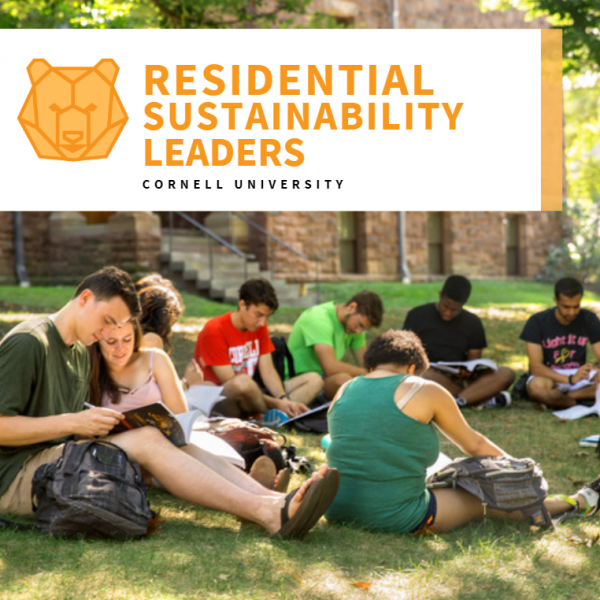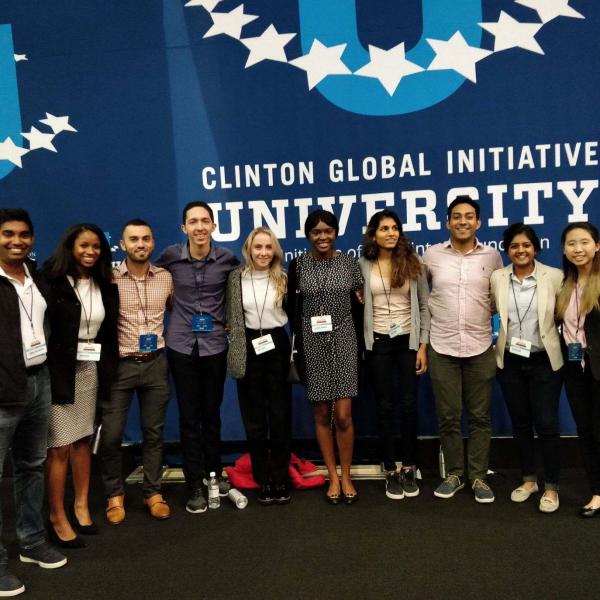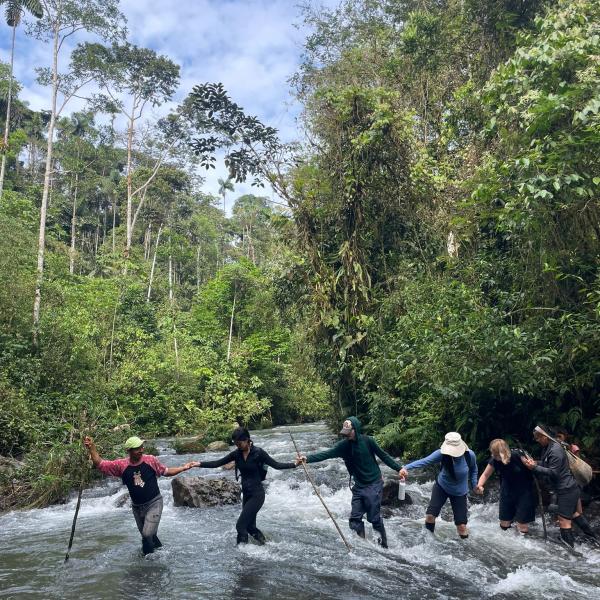Overview
Fall 26 second round rolling applications until deadline or full.
Learn more about the application process and deadlines for each round of applications.
Explore social justice in urban environments. Examine how four cities around the world work, how they operate within the global economy, and how their citizens live and organize to create more just cities.
What is unique about this program?
- Explore politics, economics, geography, and culture in the built environment.
- Learn how to critically “read” a city and understand interconnected systems.
- Meet renowned academics, thought leaders, elected officials, and NGOs.
- Observe community activism, media, and businesses that make a culture thrive.
- Live and study in three world cities undergoing rapid change and facing unique challenges.
What is unique about these locations?
Buenos Aires, Argentina
The cosmopolitan capital city of Buenos Aires has a history with an enduring legacy: European-influenced architecture; an extraction economy; large landowners; an influential Catholic church; charismatic political leadership and military dictatorships; a proud tradition of public protest; and a cultural heritage embedded in the tango. Underlying it all are the complex lives of a diverse society where former owners now work to survive, and former workers now manage retaken factories.
Barcelona, Spain
Barcelona’s origins predate the Roman Empire. The city has long influential, both regionally in Catalonia and globally. One of the most densely populated cities in Europe, it is a place where progressive urban policies and practices are implemented and tested. Explore a very different approach to the challenges facing international cities, where the theory of “The Right to the City” is ostensibly becoming reality under an administration led by Barcelona’s first female mayor.
Cape Town, South Africa
Witness firsthand how South Africa, grossly unequal by design, seeks to transform itself into a nation that bridges the urban-rural divide and provides equitable economic opportunity for all. Speak with local government leaders, social activists, and academics involved in Cape Town’s post-apartheid transformation. See the ways in which the social landscape is inscribed upon the geographic one and learn from community leaders in apartheid-legacy townships. A place of contradictions, learn while also experiencing the awe-inspiring beauty of Table Mountain and
Cape Point, where the currents of the Indian and Atlantic oceans meet, as well as the charming cobblestone streets of Green Market Square.
Things to consider before applying
- Review the information on the Education Abroad Office’s Get Started page for important considerations on academics and finances, and a guide to next steps
- Find answers on the Education Abroad FAQ and resource pages for Cornell study abroad policy, health, and safety updates
- Still have questions? Visit the Get Advice page and learn how to connect with an Education Abroad Advisors
- Want to keep up to date with Cornellians Abroad? Follow Education Abroad on social media, @cornelliansabroad, @CornellEducationAbroad
How do I apply?
Applying to study abroad is a two-step process. For more information, visit Apply for Semester and Year on the Education Abroad website.
For Cornell Approval, click on the "Apply" button on this webpage. Applications are reviewed by Education Abroad. See timeline. Students who secure a space follow Step 2.
For Program Admission, complete an external application directly on the program’s webpage, using the link in the “Snapshot” section on this page by the external deadline. (Note: This deadline will differ from the general Cornell deadline for approval.)






